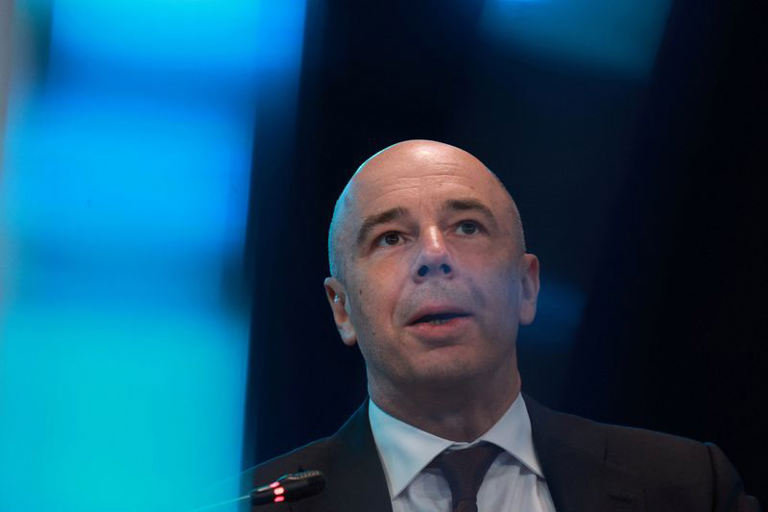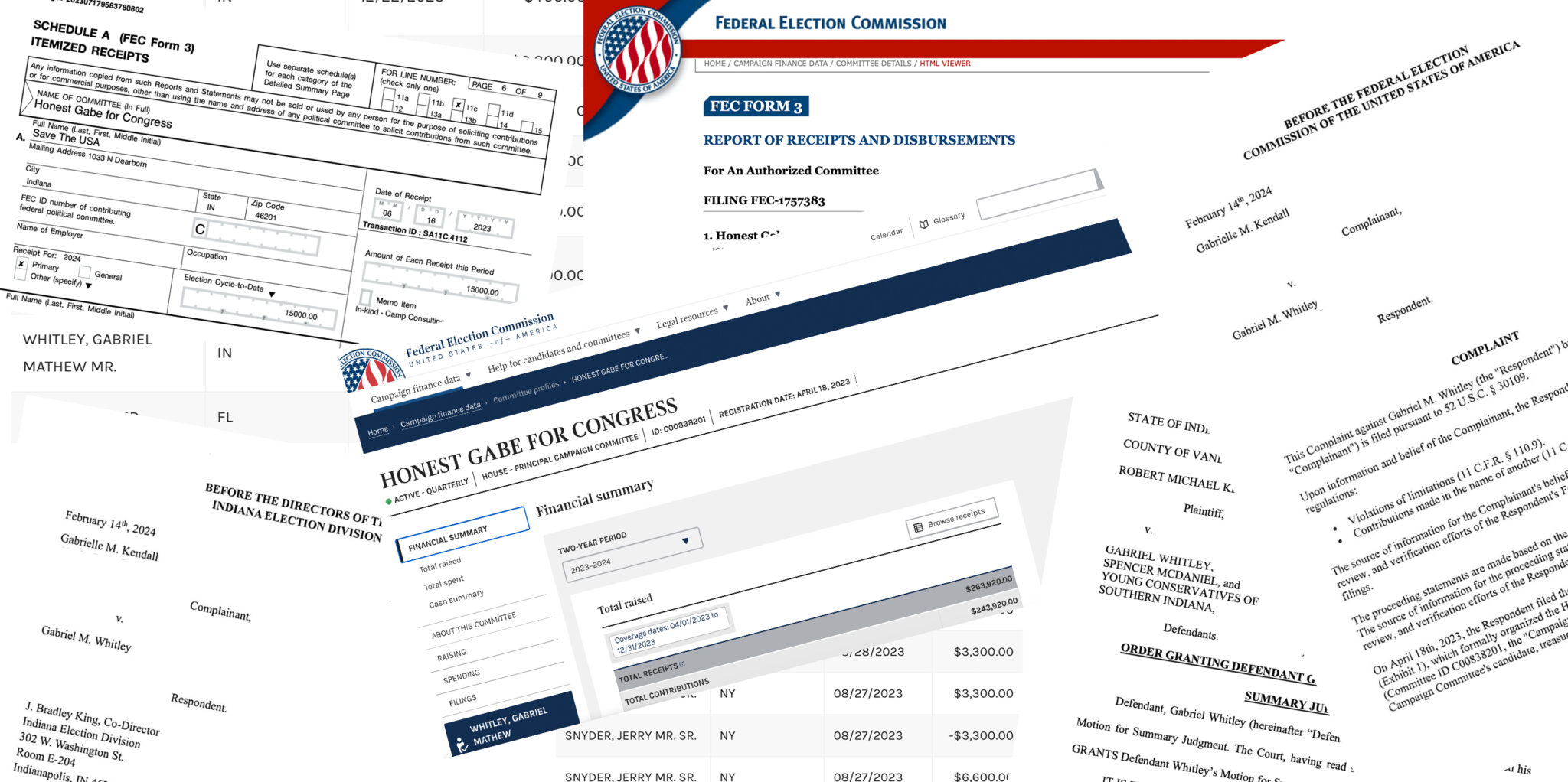Kremlin's Financial Pivot: Russia Set to Dramatically Expand Borrowing in 2025

Russia's financial landscape is set to undergo significant shifts as the government adjusts its borrowing strategy amid economic challenges. Finance Minister Anton Siluanov revealed on Tuesday that the country will need to increase its borrowing beyond initial projections to address a widening budget deficit.
The Finance Ministry has dramatically revised its deficit estimate, escalating from an initial 0.5% of gross domestic product (GDP) to a more substantial 1.7%. This adjustment reflects the complex economic pressures facing the Russian economy, including constraints posed by high interest rates, the robust performance of the rouble, and limitations in the capital market.
Despite these challenges, the government remains committed to managing its fiscal responsibilities while navigating the intricate financial terrain. The increased borrowing strategy signals a proactive approach to maintaining economic stability in an increasingly volatile global economic environment.
Investors and economic analysts will be closely monitoring how Russia implements these financial adjustments and their potential implications for the country's economic trajectory in the coming months.








